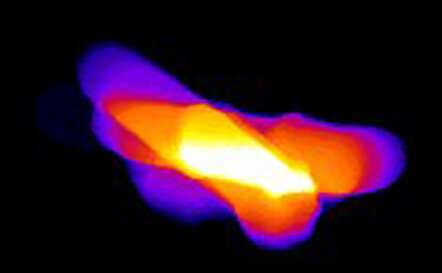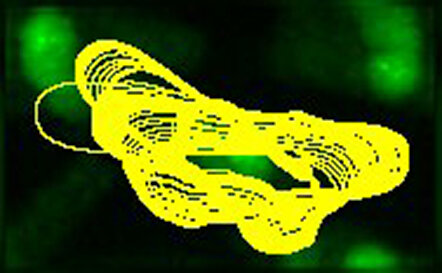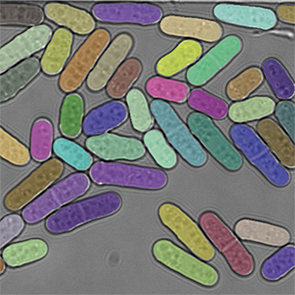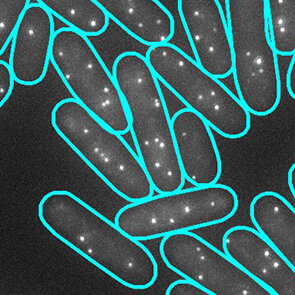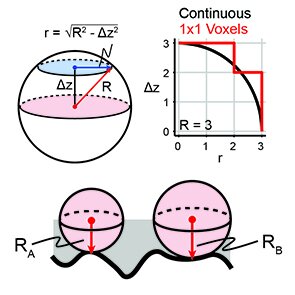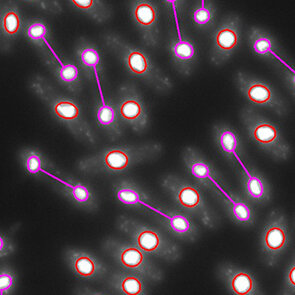Undergraduate researcher wanted!
Coding for microscopy image and data analysis
We are looking for an undergraduate student with strong programming and quantitative reasoning skills to develop and refine microscopy image analysis pipelines and data analysis pipelines.
We are a quantitative cell biology lab interested in the regulation of cell division and cell size, and in single-cell gene expression patterns. We extensively use fluorescence microscopy on both live and fixed cells in our research. The resulting images frequently require complex quantification. Automation is needed to collect and process these data.
You will develop new pipelines or expand the capabilities of current pipelines. You will be responsible for figuring out how to implement requested features, and then develop or modify the pipeline, ensure its functionality and accuracy, and help other scientists in the lab use your pipeline.
Coding will involve Fiji/ImageJ macros, Python, Matlab, and R. You do not (yet) need to be proficient in these languages, but you must have a strong coding background, be good at solving problems independently, and know the basics of good code documentation.
This is a great opportunity to participate in cutting-edge quantitative cell biology research, apply your coding skills to important biological problems, and be an integral member of an enthusiastic and diverse team of scientists.
Your work can count as credit hours toward Independent Study or Undergraduate Research. By coordinating with your course professors, you may also be able to use your work as a senior capstone project.
Contact
If interested, or if you have questions, contact Doug Weidemann or Silke Hauf.
Tasks
Develop or refine automated image quantification pipelines
Write Fiji/ImageJ macros, Python, Matlab or R scripts
Work mostly independently and with minimal coding assistance (you will be one of the coding experts in the lab)
Help other scientists in the lab use your pipelines to analyze data
Present your work during regular lab group meetings and potentially at conferences
Required skills
Strong programming skills
Ability to program well in ImageJ, Python, Matlab, and R preferred, but not necessary if you are able to quickly learn new languages
Strong critical thinking skills to develop, troubleshoot, and optimize analysis pipelines
Self-motivated and able to work independently with limited supervision
Strong organizational skills
Interest in and some knowledge of biology (or a strong interest to learn)
Benefits
Participate in cutting-edge quantitative cell biology research
Work on real-world coding applications that will form a core part of multiple important research projects
Practical experience coding for biological research applications
Be an integral member of a dynamic research team, with the opportunity to contribute intellectually to your project and be fully engaged in project development, as opposed to simply helping out in a lab
Gain research experience that will help prepare you for graduate school


